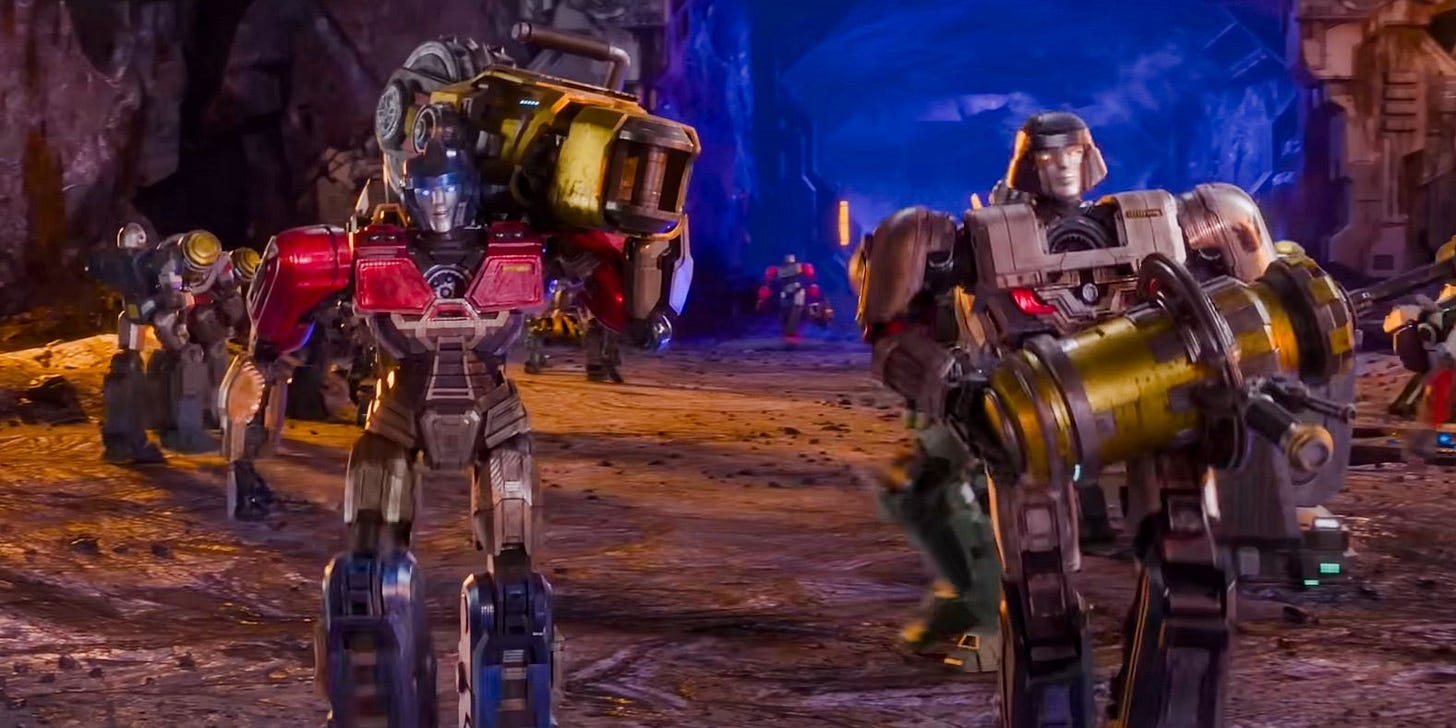Rock Whisperers

Did you know the co-founder of Netflix is a geology major?! (I only recently found out)
Okay, before we get into things, I need you all to know something that really grinds my gears.
We tend to get caught up in the negative narrative around mining, but let's get real for a second: literally everything we touch, use, or interact with either came from the ground or was grown from it.
That iPhone in your pocket? Mined materials. The computer you're working on? Mined. The batteries powering our electric vehicles in this push for sustainability? Yep, you guessed it - all mined.
Okay, so now here’s the super random link to what I’m writing today — but I personally find it so intriguing to see people with backgrounds in geology, mining, and metallurgy popping up in leadership roles across different industries.
Take Marc Randolph (geology), Eric Yuan (geology), and Sundar Pichai (metallurgy) - all carrying these earth science backgrounds into the tech world. Is it a coincidence? Maybe. But having made my own personal jump from BHP (as a mining engineer) into the tech startup space, I can't help but wonder if there's something more to it.
It's like once you've wrapped your head around massive geological systems or complex mining operations, other business challenges start looking surprisingly familiar (or maybe I’m just high). In the earth sciences and mining, you're often dealing with incomplete information, yet you must make precise, consequential decisions. You learn to be methodical without being rigid, scientific without losing sight of practical constraints. Trust me, I was a production supervisor at 23.
Speaking of which, did you know the great leaders Optimus Prime of the Autobots and Megatron of the Decepticons also came from mining backgrounds? They were mining bots!

Heck… Zoolander came from a mining family too — but let’s not get too carried away.
Think about geological thinking for a moment. You’re literally trained to piece together massive narratives from limited data points — often working with fragments of data, making educated guesses about what might lie beneath the surface. You develop a comfort with uncertainty while maintaining the rigor to make informed decisions. It's this unique blend of systematic analysis and intuitive understanding that seems to translate surprisingly well across industries.
Then, there’s the process-driven nature of mining operations offers another interesting parallel. Mining engineers learn to see systems holistically – understanding how various components interact and how small changes can cascade through an entire operation. Everything has to work (somewhat) in harmony, from resource estimation to extraction to processing. You can't just optimize one part; you have to think about the entire value chain. This systems thinking and operation are particularly relevant in today's interconnected business landscape.
And finally there's metallurgy – a field that's fundamentally about transformation and value creation. You're literally taking raw materials and, through precise processes and deep scientific understanding, creating something of much higher value. But it's not just about the transformation itself; it's about understanding both the microscopic details and the macro-level implications of every decision.
I mean, looking at my own journey - from traditional mining to tech startups, I’m constantly learning and adapting. Those core principles from my mining days? They're still the foundation of how I approach problems and spot opportunities. It's not about the specific technical skills - rather, it's about the mindset these disciplines cultivate.
In an era of rapid change and increasing complexity, maybe these seemingly old-school disciplines actually prepare you perfectly for modern business challenges.
It's about seeing patterns in chaos, understanding complex systems, and knowing how to create value through transformation - skills that seem more relevant than ever in today's business landscape.
Could the oldest industry on Earth (literally… okay, besides farming) be the key to our future both on and off this planet? Whether it's building sustainable technologies, developing new business models, or maybe, just maybe, figuring out how to mine asteroids (a boy can dream right?) - these earth science backgrounds might be more relevant than ever.
Thanks for reading,
D. Han




